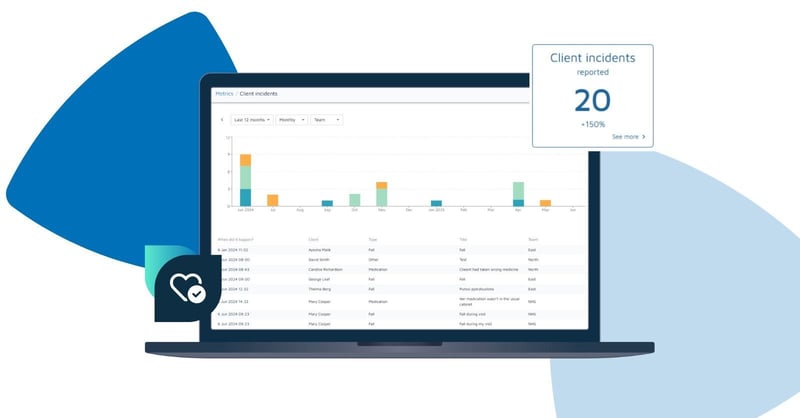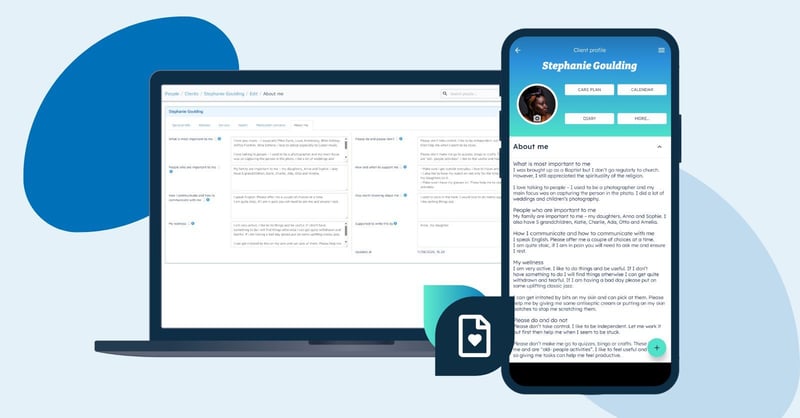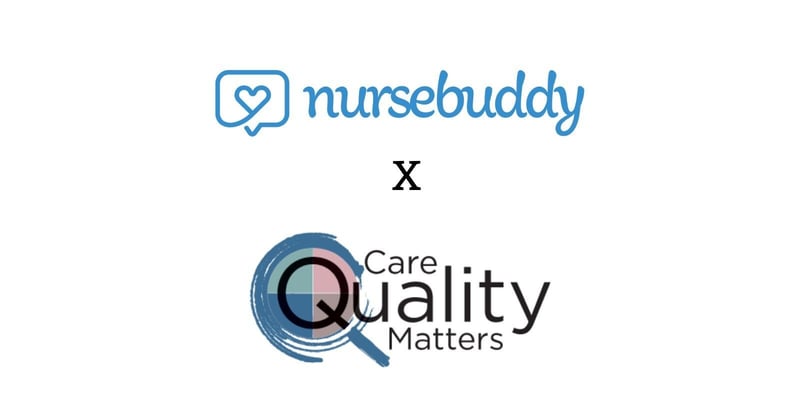Blog

Technology you can trust
The Nursebuddy platform is built using industry-standard frameworks so you know you can rely on it to deliver your...

Digging into the morale and wellbeing of domiciliary care workers
Nursebuddy’s Carer Wellbeing Survey gives care managers new insights into the morale, job satisfaction and wellbeing of...

More data at your fingertips
Nursebuddy offers even more insights for home care managers and coordinators with its newly configurable people lists....

Incident insights
Incident insights are available in Nursebuddy’s suite of deep-dive metrics available to homecare managers and business...

GUEST BLOG: Caring for people with dementia in domiciliary care
In this guest blog for Nursebuddy, Dr Emma Williams of PACT offers reassuring advice on how domiciliary carers can...

'About Me' in Nursebuddy's care planning
Care planning in Nursebuddy contains About Me, aligning with national PRSB standards to ensure homecare is tailored to...

GUEST BLOG: Handling challenges in homecare gracefully
Working in homecare is a demanding role. But what if we learnt to meet its challenges gracefully, with strength,...

Careers in homecare: a guide to working in domiciliary care
Thinking about a career in domiciliary care? Here’s everything you need to know about what working in homecare is like....

It’s here: The ultimate guide to care worker retention
Struggling with care worker retention? We got you. We've pulled together the ultimate bundle resources from our...

Nursebuddy partners with Care Quality Matters
Nursebuddy has partnered with Care Quality Matters to give homecare providers everything they need to stay compliant –...